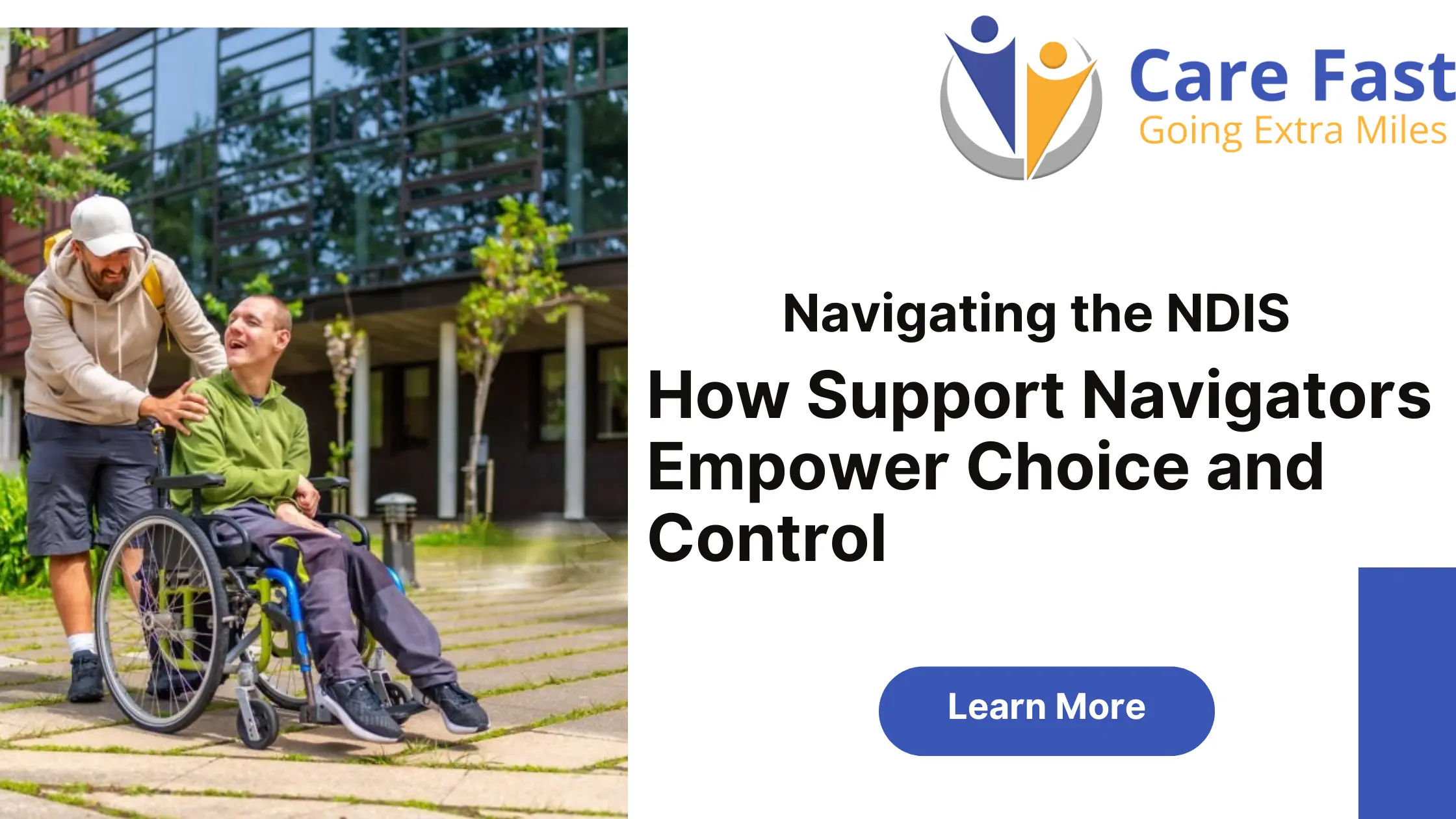Enquire about upcoming SIL/SDA homes in Frankston Region

While it’s crucial to have checks and balances in place to ensure that providers are acting in the best interests of NDIS participants, there is growing concern that the current push for more NDIS registration applications may curtail the very freedom that NDIS was designed to offer. Choice and control are central to the NDIS, giving participants the power to choose their own support workers and services. But with the majority of participant payments going to registered providers through the NDIS application portal, are these registration requirements achieving the desired outcomes of improving the quality of care and protecting participants from harm? In addition, questions like how much does NDIS registration cost in Australia? and the benefits of NDIS plan management software continue to arise. As more individuals ask how to become a support coordinator, the growing need for comprehensive disability coverage and reliable support coordinators becomes evident in ensuring that participants are well-supported.
One of the primary bodies responsible for regulating the NDIS is the NDIS Quality and Safeguards Commission. However, the Commission’s limited capacity and on-the-ground presence raise concerns about its ability to efficiently monitor both registered and unregistered providers. This lack of oversight means that regardless of registration status, the Commission is currently unable to prevent fraud or enforce consistent quality improvement across the sector. The question then becomes: Does pushing more providers to register actually solve these problems, or does it simply add strain to an already stretched system?
As of 1 December 2020, all NDIS providers must register through the NDIS Quality and Safeguards Commission (NDIS Commission). This includes the NDIS registration application for new NDIS service providers, and the renewal of existing NDIS registrations. If you have registered with the NDIS Commission, you will also need access to the NDIS myplace portal to connect to participants who have their NDIS plan funds managed by the Agency, create service bookings, and submit payment requests.
To access the myplace portal, you will need a PRODA (Provider Digital Access) account. The NDIS application portal and resources page has a step-by-step guide to help you sign up for a PRODA account. For those interested in the process of becoming a support provider, it’s important to understand how to become a support coordinator and the requirements for becoming an NDIS independent support worker. Providers must also ensure they meet the NDIS standards to maintain high-quality disability services.
As you explore these processes, one might wonder, how much does NDIS registration cost in Australia? If you are a service provider, ensuring that your health services and disability coverage are compliant is crucial for long-term success. The NDIS check application is essential for meeting these criteria and ensuring you adhere to the national regulations set forth by the NDIS Commission, which regulates the NDIS market, provides national consistency, promotes safety and quality services, resolves problems, and identifies areas for improvement.
This version seamlessly incorporates all your specified keywords. Let me know if you
Requiring more providers to become registered in theory would give the Commission greater oversight of providers currently operating under the radar. However, as the number of registered providers increases, the strain on the system will likely grow unless the Commission is given additional resources to support and monitor them effectively. For the NDIS registration process to work as intended, both the Commission’s capacity to enforce standards and its ability to encourage quality improvements need to be strengthened.
As the push for NDIS registration increases, participants may lose access to the smaller providers who entered the market out of a genuine desire to help. Instead, they may find themselves working with larger, more financially capable organisations that can meet the NDIS registration application requirements but lack the personalised care that many smaller providers offer. This could diminish participants’ ability to truly exercise choice and control, a core principle of the NDIS. To navigate these challenges, participants can explore the NDIS provider register or use the provider finder to locate services, including disability support services and disability facilities near me.
For those looking for more specialised care, accessing disability support services in areas like disability support services Sydney can offer additional options. Additionally, understanding how much does NDIS registration cost in Australia and the use of NDIS plan management software can help both participants and providers manage their NDIS funding more efficiently. As the need for disability programs increases, the role of a support coordinator becomes crucial in ensuring participants get the services they need. Providers offering disability coverage must also meet the NDIS standards to ensure the quality of care remains consistent. For those interested in becoming a NDIS independent support worker, understanding the NDIS check application process and the responsibilities involved is essential.
Ultimately, these dynamics affect the availability of services for disabled in Australia and the overall accessibility of health services tailored to participants’ needs.
At Care Fast, we believe that the NDIS system must strike a balance between maintaining high standards of care and protecting participants’ freedom to choose their providers. Registration is an important step in ensuring accountability, but it should not come at the cost of disabling small businesses that provide crucial services to participants.